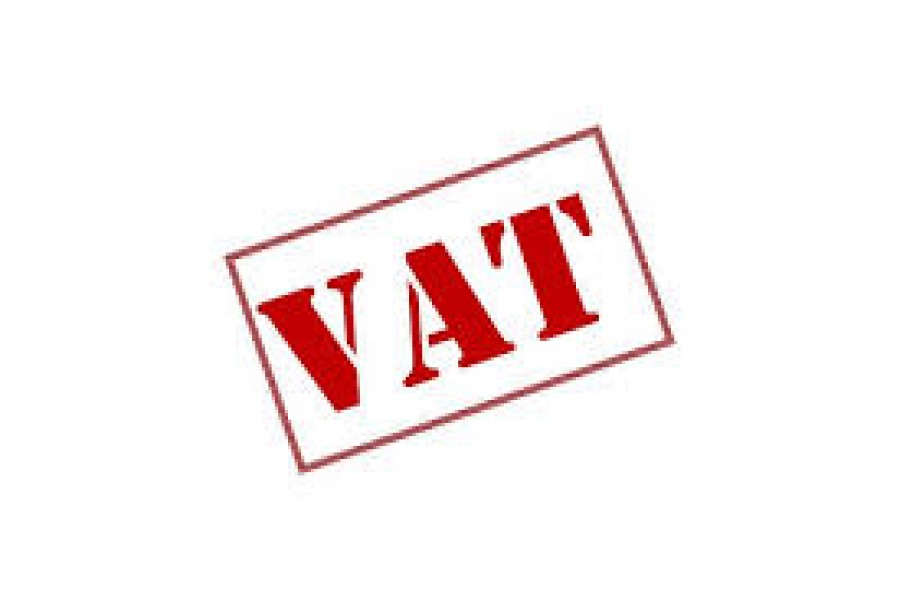
Published :
Updated :

An article with the above title authored by Mr. Imrul Ehsan and published in the 'Views and Reviews' page of the Financial Express on September 01, 2019 has attracted my attention. Although the title of the article refers to 'Withholding VAT', it deals with the principles of VAT, i.e., the whole gamut of VAT. The article is well-written. The writer has very skillfully drawn the line between the VAT regime after the passage of the Finance Act, 2019 on June 30, 2019 in Parliament and the VAT regime prior to that date. He has outlined all basic features of Withholding VAT (VAT deducted at source or VDS) which is currently in force and called upon the tax authorities to stick to the already set basic principles of VDS so that the business community can comply with the changes properly.
Mr. Ehsan's concern regarding tax-payers' difficulties caused by frequent changes in tax regulations is genuine, but when change is truly needed, it is wise to accept it instead of sticking to the prevailing principles. Basically, VAT law requires changes to adjust with the new dimensions of economic activities. VAT law is a dynamic law, and not a static law. VAT law can be seen as an elaborate manual of how VAT is to be collected from diverse types of economic activities. Economic activities do not remain static, they take new dimensions with changing time, so VAT regulations need to be changed to adjust with the new economic realities. For instance, the mobile phone technology we have today is a sharp departure from what it was 10 years ago. So, the VAT regulations 10 years back do not fit with the mobile phone technology of today. The regulations need to be updated. Therefore, change is needed. But change not for the sake of change only, rather for upgrading the provisions to adjust with the newly emerging economic activities.
Now, let us come to the point of VDS. We can clearly differentiate the VDS mechanism of today from the VDS mechanism that was in the 1991 VAT law until its repeal in June 2019. In the present VDS mechanism, the basic principle of VDS has been thwarted. Let us clarify what is the basic principle. If I ask what is the basic objective of VAT law, everybody will answer that the objective is collection of VAT from people. VAT has to be collected from the ultimate consumers. So, as per VAT law there is a time when VAT becomes payable and there is a time when it has to be paid. This is the normal course of law. But there are some cases, mostly services, where there remains the risk of VAT evasion in this normal course, i.e., it may be difficult to collect VAT from these services. Here lies the rationale of VDS. On such services, VAT has to be deducted at source. Although VDS is a distortion of VAT law, yet it is widely resorted to in almost all economies because it generates revenue with less cost and hassle. During the last couple of years, VDS portion of our local VAT collection was about 35-40 per cent.
So, the basic principle of VDS should be deduction of VAT from the services where it is challenging to collect VAT in normal course. But our present VDS mechanism is a sharp departure from this principle. Our present VDS mechanism stipulates that where there is 15 per cent VAT, there should be no deduction, and where there is reduced rate of VAT, there shall be deduction. There are many services with 15 per cent VAT where risk runs high, such as decorators and caterers, survey agencies, consultancy firms and supervisory firms, law firms, rent-a-car, architect firm, interior designer, graphic designer, miscellaneous service etc.
Departing from the basic principles of VDS, the current VDS mechanism will understandably lead to less collection of VDS compared to the past years. So, the VDS provisions need to be reshaped. Services and supplies need to be identified where there is more risk of evasion. Those services and supplies need to be brought under VDS mechanism. Other areas should be left to the general principles of VAT. So, change may be required.
Dr. Md. Abdur Rouf currently works at a World Bank-financed VAT-related project as a Specialist. Opinions expressed in this article are his own. roufvat@gmail.com.


 For all latest news, follow The Financial Express Google News channel.
For all latest news, follow The Financial Express Google News channel.